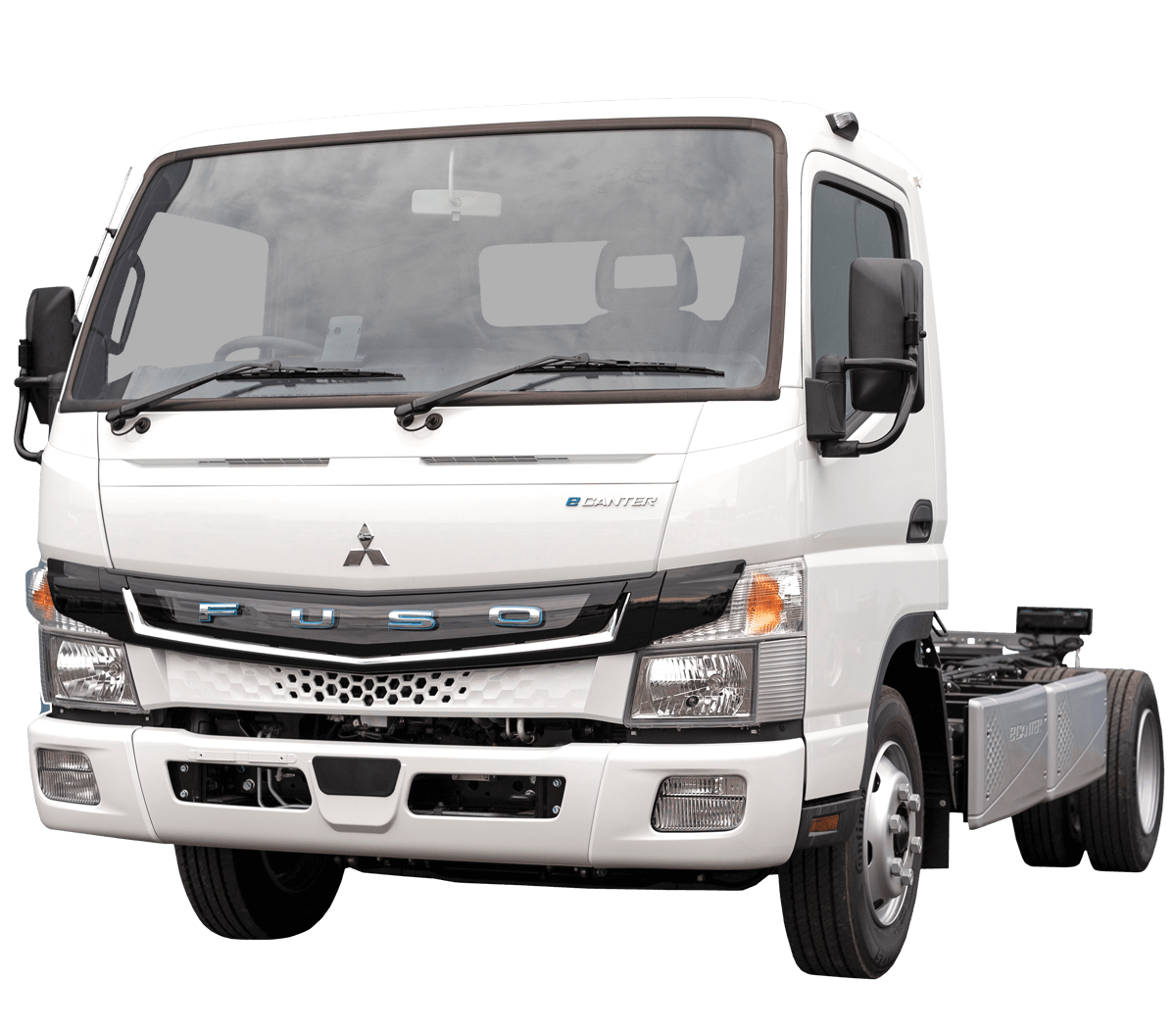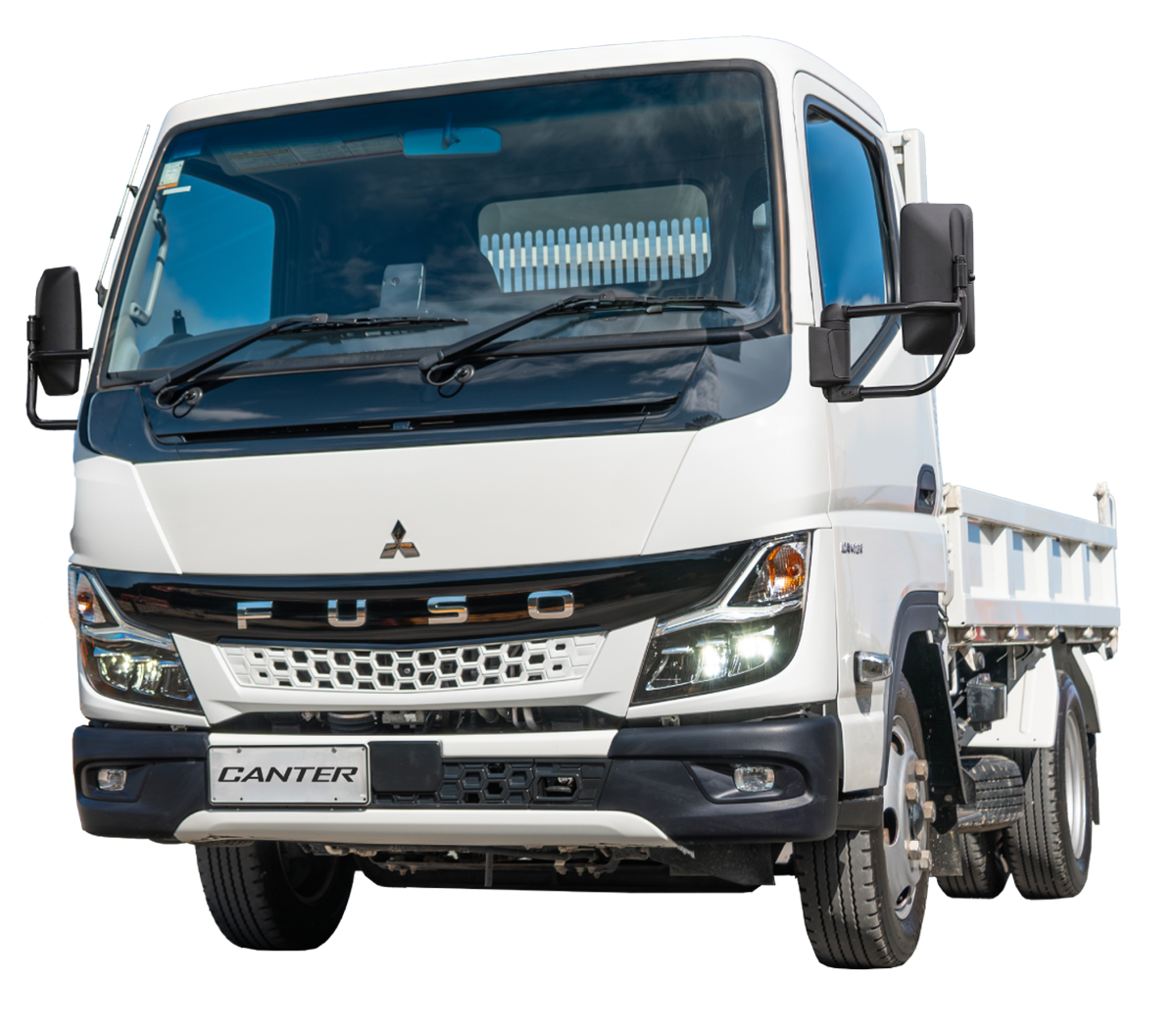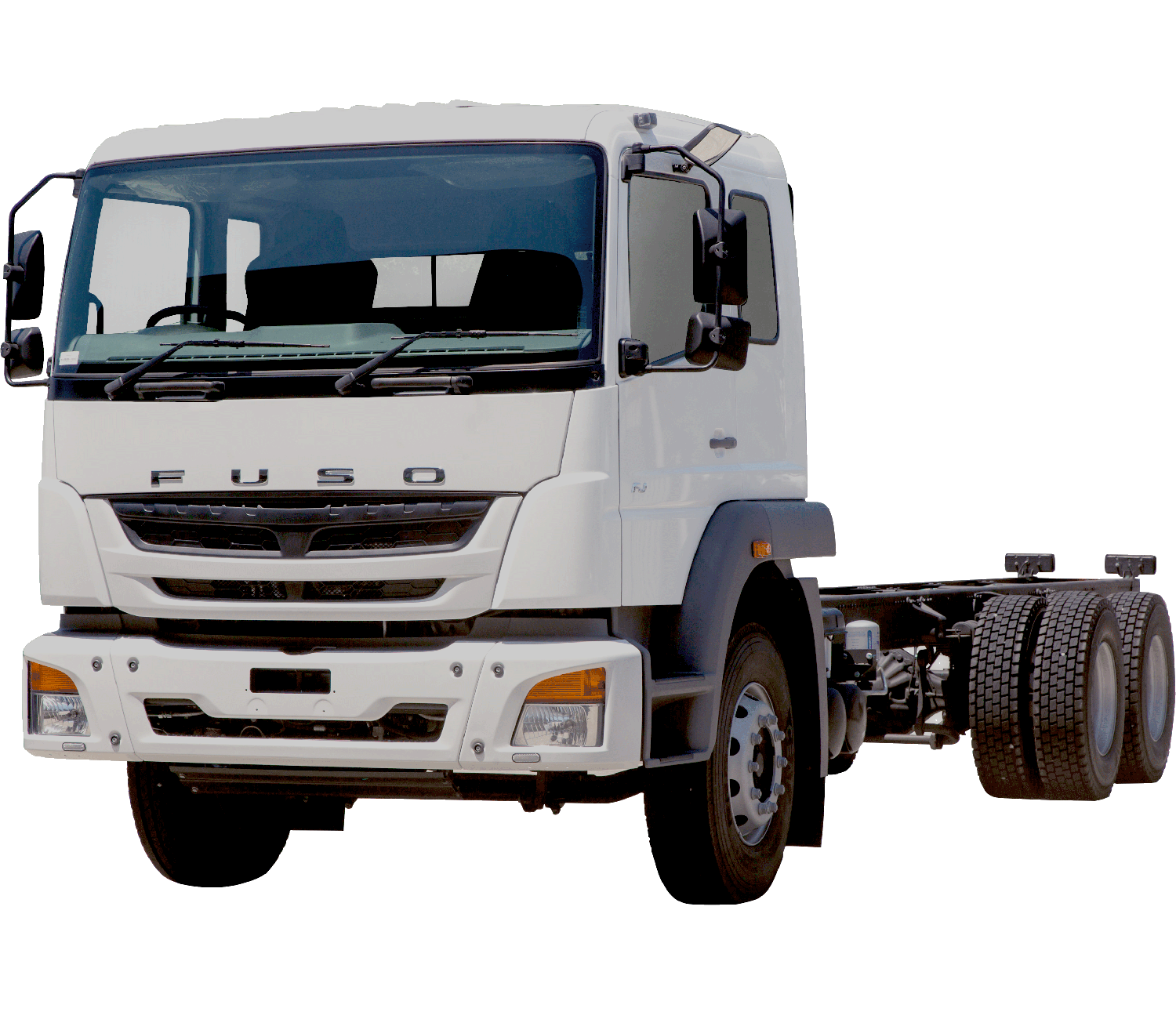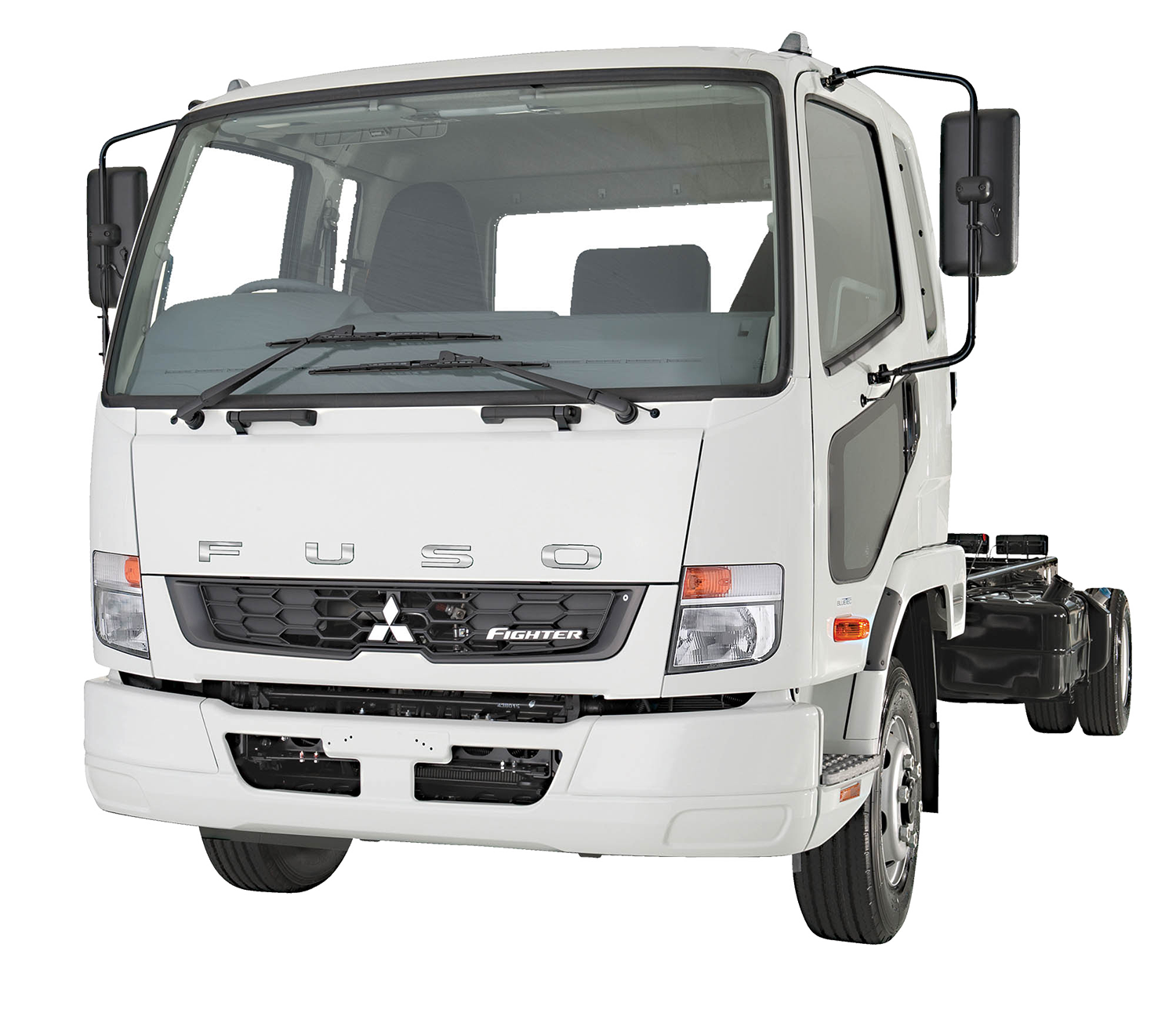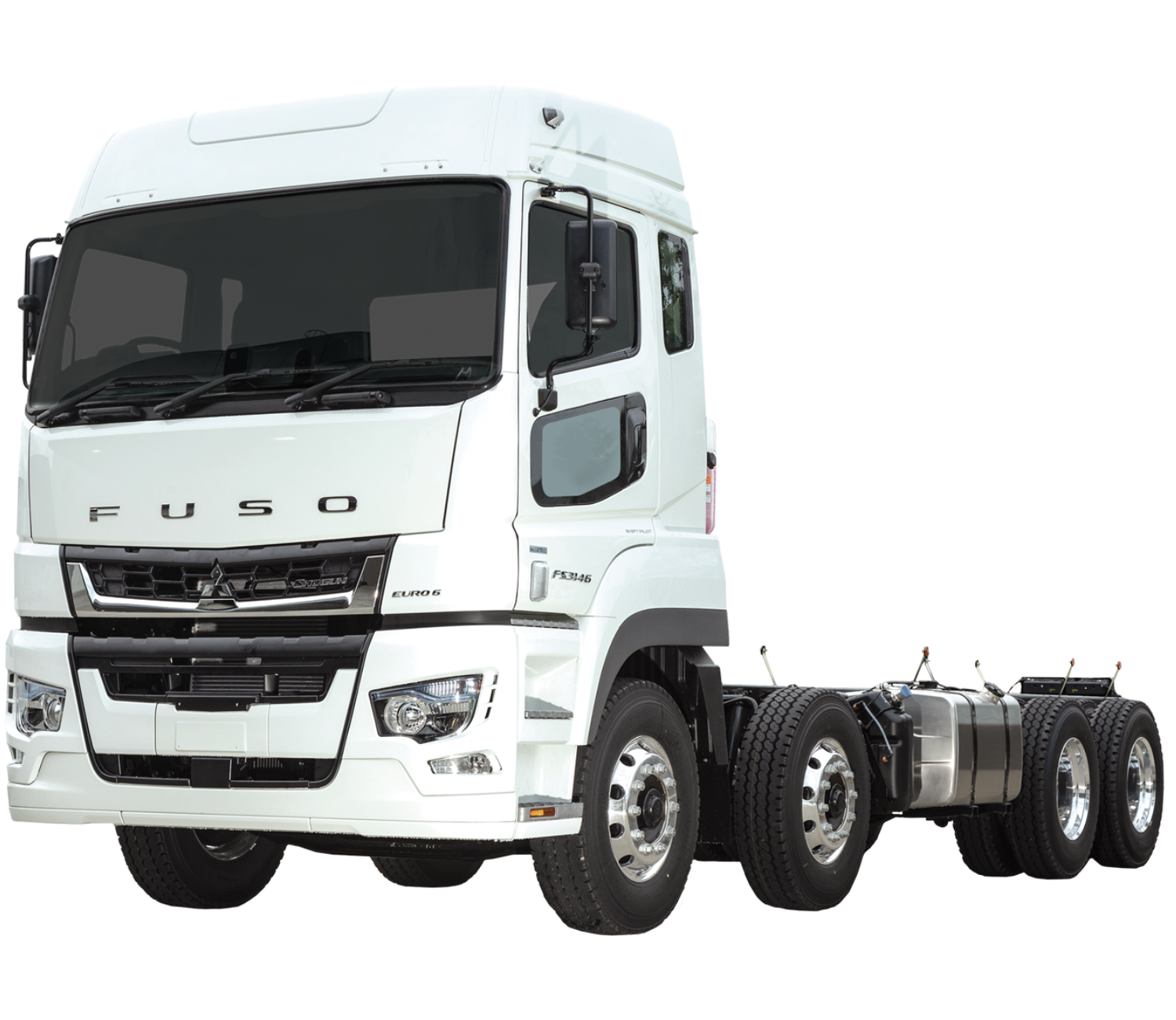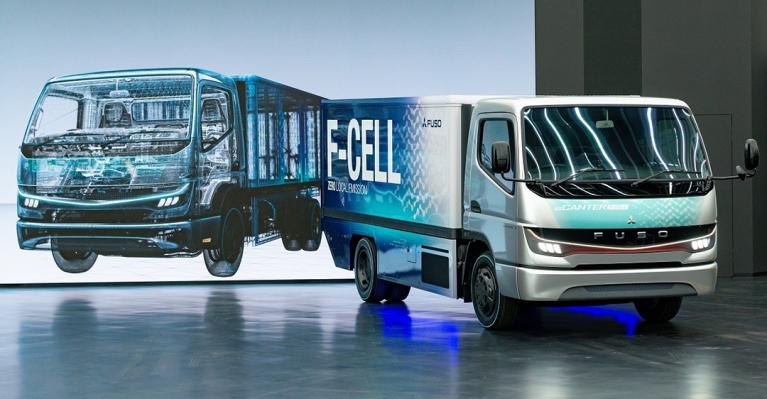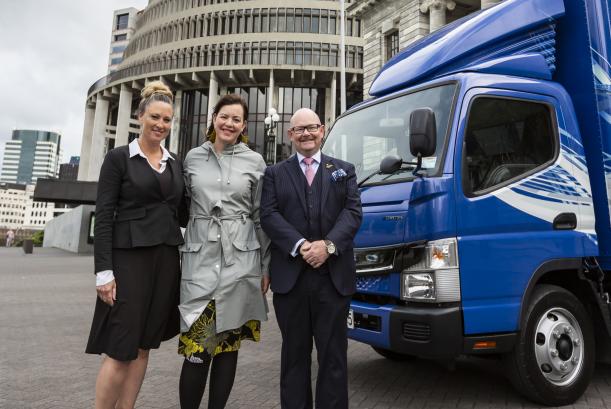Feature Article
FUSO’s fuel cell future
Mitsubishi Fuso Truck and Bus Corporation (MFTBC) has unveiled the next step towards its goal of a carbon-neutral fleet by 2039 – the eCanter F-CELL. This is the result of further development of the Vison F-CELL showcased at the 2019 Tokyo Motor Show.
Both battery-powered and fuel-cell vehicles have their respective advantages, depending on customer useage, and MFTBC says the two varieties will complement each other to address evolving transport needs.
How it works
Fuel-cell technology converts energy-dense, high-pressure hydrogen and oxygen into electricity, which is used to power the vehicle’s motors. There are two main ways to produce the hydrogen needed:
‘Green hydrogen’ can be produced locally at gas stations, using electricity to convert water into hydrogen.
‘Blue hydrogen’ can be produced from natural gas, utilising carbon-capture technology to create a carbon neutral fuel.
The eCanter F-Cell can be driven up to 300km with a recharge of less than ten minutes, maximising road time for operators.
“MFTBC is taking a leading role in realising the electrification of commercial vehicles,” said MFTBC CEO Hartmut Schick. “Our vision is to leverage Daimler Group’s network and technology in developing advanced e-mobility solutions, fulfilling our goal of CO2-neutral transportation.”
Daimler and Volvo joint venture
Following the unveiling of the eCanter F-CELL, Daimler Truck AG and the Volvo Group have signed a preliminary non-binding agreement to establish a new 50/50 joint venture in the development, production and commercialisation of fuel cell systems for heavy-duty vehicle applications and other uses.
Daimler has announced it will consolidate all its current fuel cell activities in the joint venture.
Joining forces will decrease development costs for both companies and accelerate the market introduction of fuel cell systems in products used for heavy-duty transport and demanding long-haul applications.
Martin Daum, Chairman of the Board of Management Daimler Truck AG, said:
“For trucks to cope with heavy loads and long distances, fuel cells are one important answer and a technology where Daimler has built up significant expertise over the last two decades. This joint initiative with the Volvo Group is a milestone in bringing fuel cell powered trucks and buses onto our roads.”
